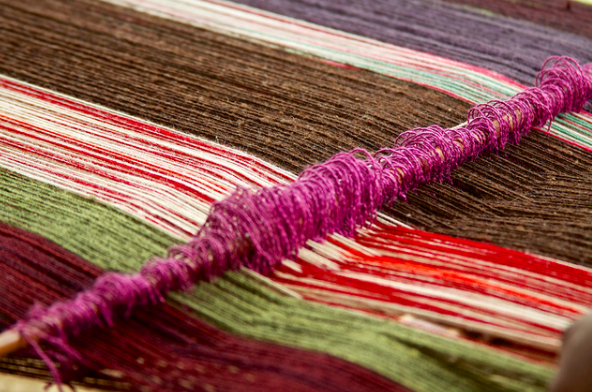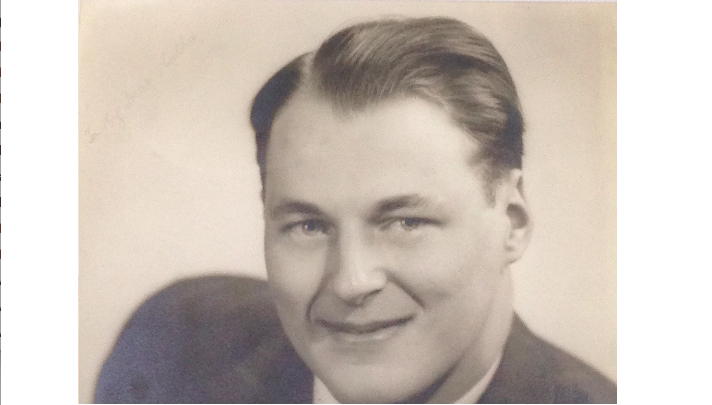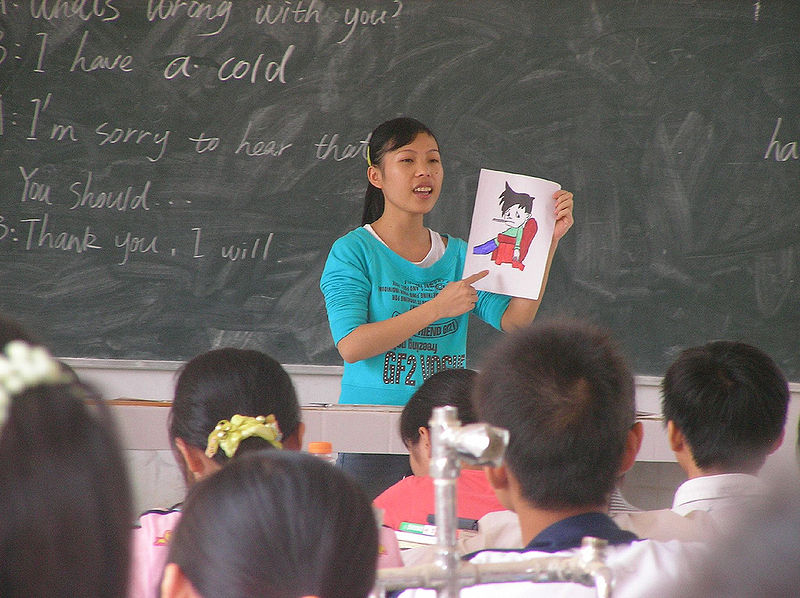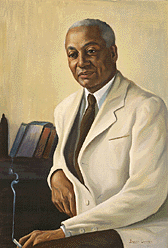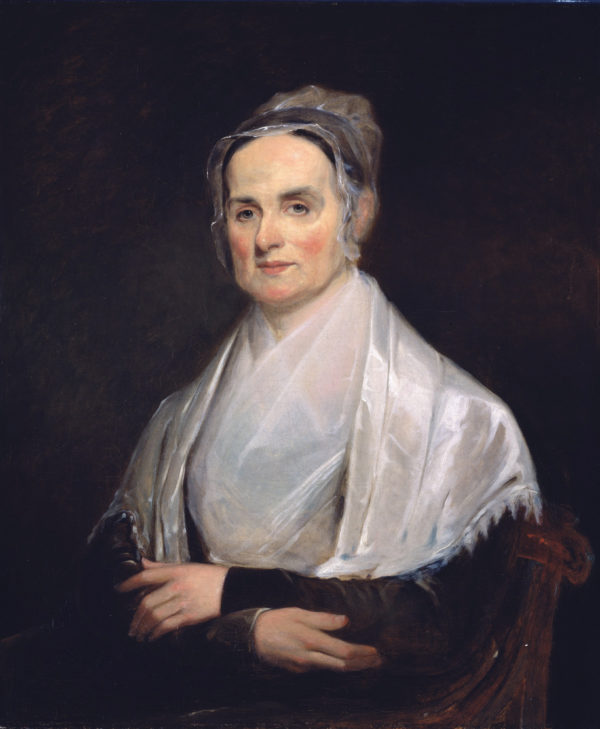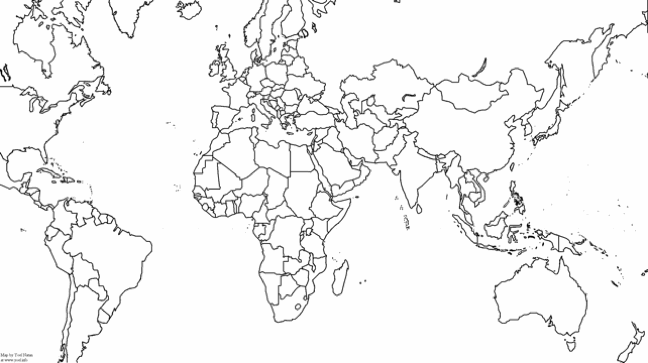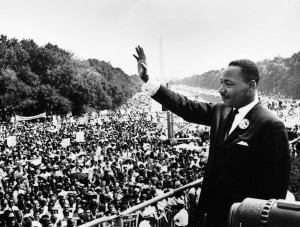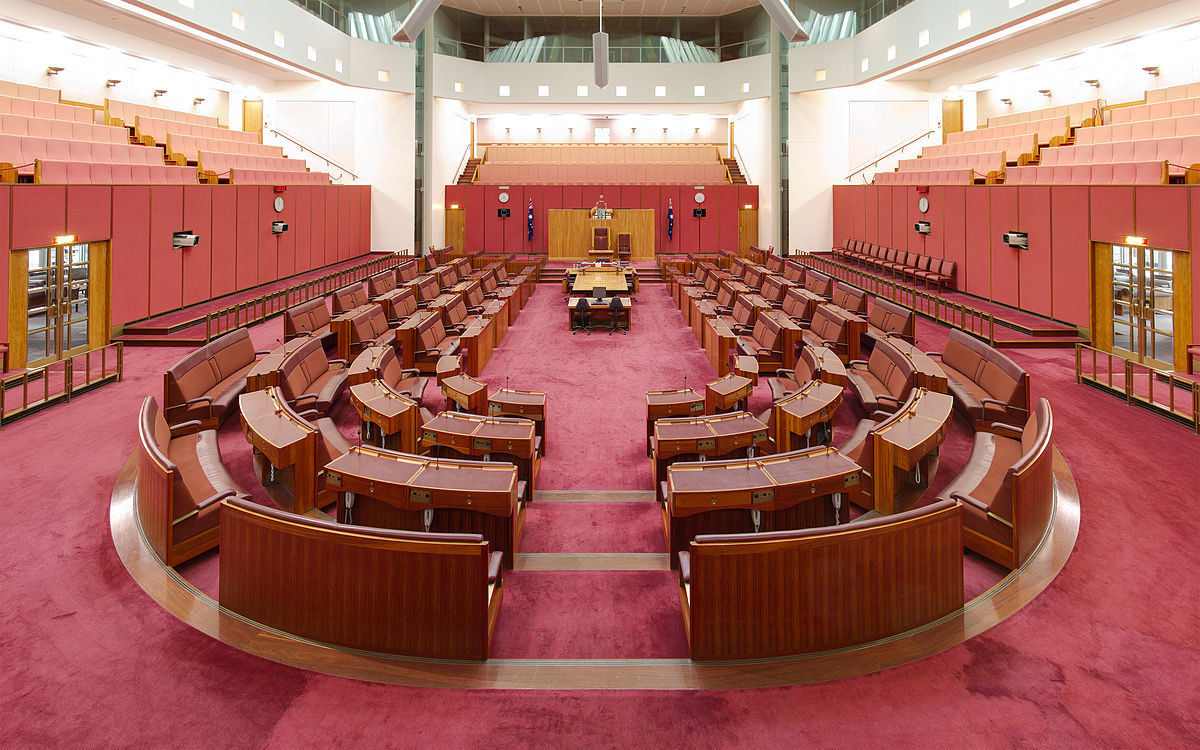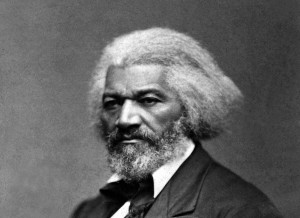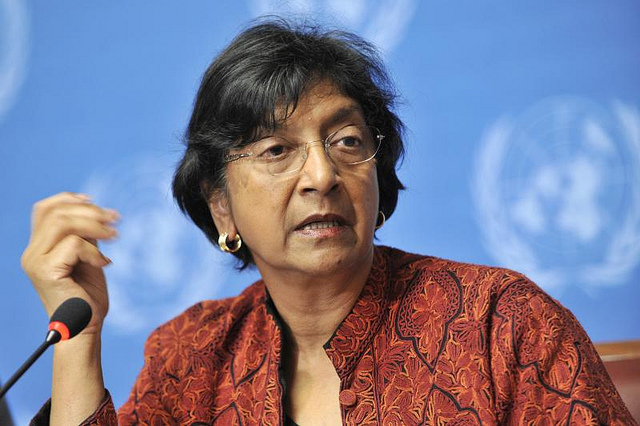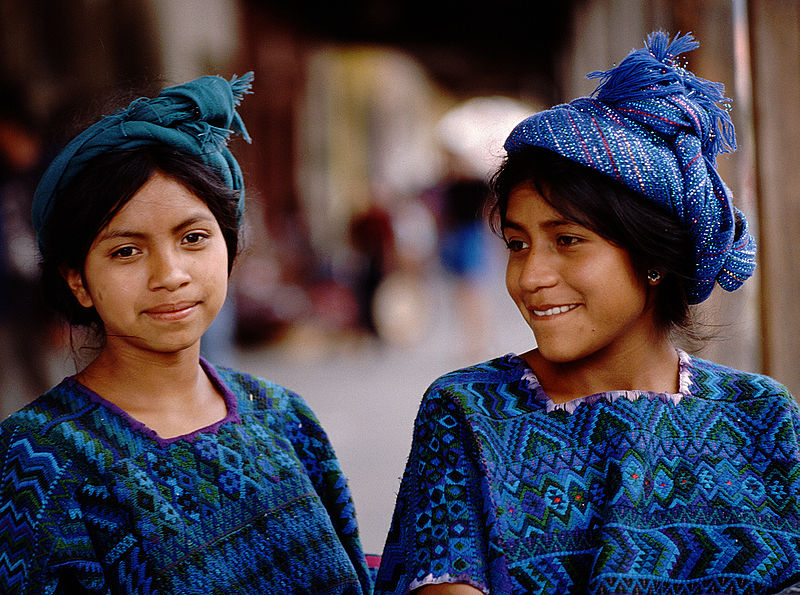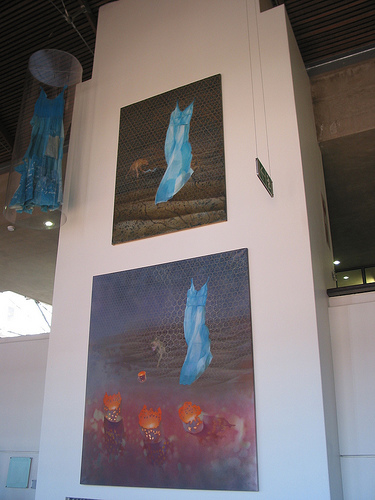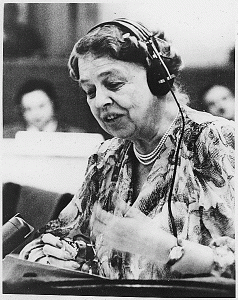human rights forebears
Inspirational men and women from the history of human rights whose lives and stories help us with the human rights challenges of today.
-
Tahirih – Herald of the Emancipation of Women
Two hundred years ago, virtually everywhere in the world, women lived in subjugation to men. It was a world so different to our own that it is difficult to imagine. It was a world in which women had little role in public life – little opportunity for education, little opportunity to work – other than in the home. In many countries women did not have the right to own property. It was a world where women were often subject to the legal control of male relatives and the law in the west, as much as the east, defended the right of husbands to beat and control their wives. Tahirih was…
-
Alain Locke on Identity and Human Rights
Of Alain Locke, Martin Luther King Jr. said: “We’re going to let our children know that the only philosophers that lived were not Plato and Aristotle, but W. E. B. Du Bois and Alain Locke came through the universe.” In this article we explore an idea in the work of Alain Locke – the idea that identity and oppression are related to each other. That the pathway to emancipation is through re-imagining our identity. Early on he explored these themes in the introduction he wrote to his 1925 anthology titled “The New Negro“. The tribute above, particularly from Martin Luther King, calls for greater attention to Alain Locke’s philosophy and…
-
Lucretia Mott – Campaigner for Abolition, Advocate of Women’s Rights, Quaker Visionary
Lucretia Mott was born in 1793 and much of her long life was devoted to working for the abolition of slavery and the emancipation of women. Her life and work, is among those, which have shaped the world in which we live. The significance of her contribution was recognised in when in 1923, when Alice Paul first introduced the equal rights amendment to the US Congress calling it ‘the Lucretia Mott amendment’. The amendment, which has still not been adopted into the U.S. Constitution, states in its first draft article: Equality of rights under the law shall not be denied or abridged by the United States or by any state…
-
Martin Luther King Jr – Civil Rights Leader and Peace Advocate
Martin Luther King, Jr. gave his life for the poor of the world, the garbage workers of Memphis and the peasants of Vietnam. The day that Negro people and others in bondage are truly free, on the day want is abolished, on the day wars are no more, on that day I know my husband will rest in a long-deserved peace. —Coretta King This article is part of a series on human rights forebears. Rev. Dr. Martin Luther King Jr. lived a life beyond the ordinary and writing about him is challenging. His life made the world that came after him better. This article will not do justice to his…
-
Would you have me argue that all human beings are equal?
Frederick Douglass was a remarkable worker for human rights. Although he lived more than a century ago, his thoughts remain pressingly relevant. He began life as a slave, but winning his own freedom, he fought not only for abolition of slavery but also gave his support to other human rights causes, such as the emancipation of women. Born in 1818 in Talbot County, Maryland, he was separated from his mother at an early age, he writes, as was typically done with slave children. His father, he believed, was his mother’s master. Even though it was against the law for slave children to be taught to read and write, Sophia Auld the…
-
Bartolome de las Casas: An early human rights worker
Bartolome de las Casas is one of those remarkable people in history who arose at the very beginning of the modern human rights movement. A great humanitarian; he learnt human rights in his encounter with the people of Central and South America during the sixteenth century European invasion of the Americas. He used his office as Dominican friar and later Bishop to uphold the human rights of the indigenous peoples of the Americas. Las Casas came to the America’s as part of the colonial expeditions from Spain, arriving in 1502 in Hispaniola (now Haiti and the Dominican Republic), at the very beginning of the encounter between the Europeans and the people of the Americas.…
-
Book Review: The Strange Alchemy of Law and Life by Justice Albie Sachs
The victims and perpetrators of human rights abuses whisper from the pages of this short book. They speak to us of their struggle to realize their own humanity and recognize the humanity of each other. For a judge The Strange Alchemy of Law and Life is an unusual book. But then Albie Sachs is an unusual judge. A member of the African National Congress and a legal adviser to it when it was still a revolutionary movement, Albie Sach’s life moves from barely surviving a state sponsored terrorist bombing, to which he lost an arm and an eye, to sitting on the Constitutional Court of South Africa. It is the kind of life that prompts reflection,…
-
Eleanor Roosevelt’s Prayer: A Vision of a World Made New
Eleanor Roosevelt was the first Chair of the United Nations Human Rights Commission. Her work, with her colleagues, led to the adoption in 1948 of the Universal Declaration of Human Rights. The following, according to her son, is a prayer that she said every night: Our Father, who has set a restlessness in our hearts and made us all seekers after that which we can never fully find, forbid us to be satisfied with what we make of life. Draw us from base content and set our eyes on far off goals. Keep us at tasks too hard for us that we may be driven to Thee for strength. Deliver…

